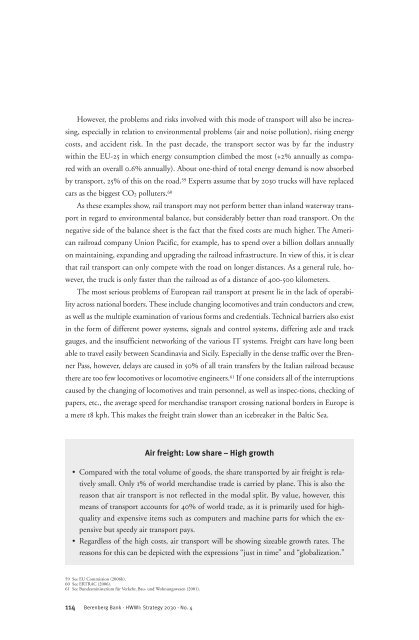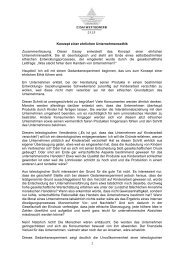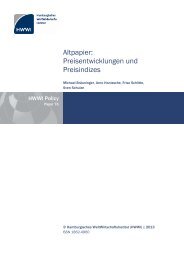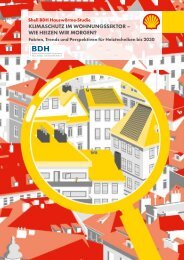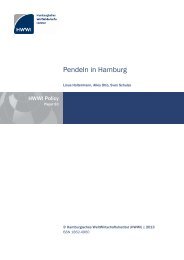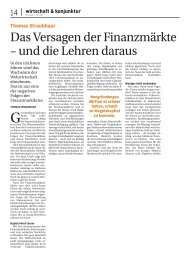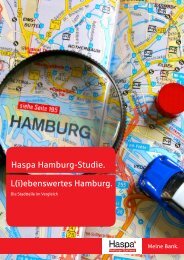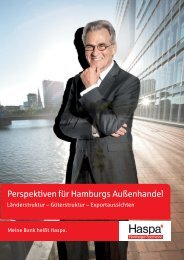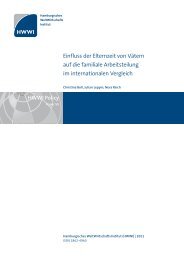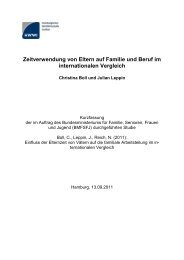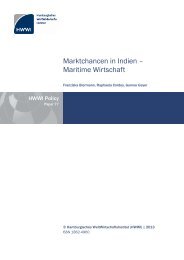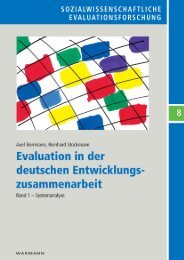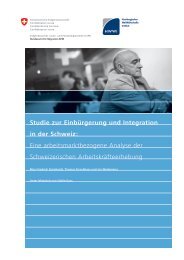Maritime Trade and Transport - HWWI
Maritime Trade and Transport - HWWI
Maritime Trade and Transport - HWWI
Create successful ePaper yourself
Turn your PDF publications into a flip-book with our unique Google optimized e-Paper software.
However, the problems <strong>and</strong> risks involved with this mode of transport will also be increasing,<br />
especially in relation to environmental problems (air <strong>and</strong> noise pollution), rising energy<br />
costs, <strong>and</strong> accident risk. In the past decade, the transport sector was by far the industry<br />
within the EU-25 in which energy consumption climbed the most (+2% annually as compared<br />
with an overall 0.6% annually). About one-third of total energy dem<strong>and</strong> is now absorbed<br />
by transport, 25% of this on the road. 59 Experts assume that by 2030 trucks will have replaced<br />
cars as the biggest CO2 polluters. 60<br />
As these examples show, rail transport may not perform better than inl<strong>and</strong> waterway transport<br />
in regard to environmental balance, but considerably better than road transport. On the<br />
negative side of the balance sheet is the fact that the fixed costs are much higher. The American<br />
railroad company Union Pacific, for example, has to spend over a billion dollars annually<br />
on maintaining, exp<strong>and</strong>ing <strong>and</strong> upgrading the railroad infrastructure. In view of this, it is clear<br />
that rail transport can only compete with the road on longer distances. As a general rule, however,<br />
the truck is only faster than the railroad as of a distance of 400-500 kilometers.<br />
The most serious problems of European rail transport at present lie in the lack of opera bility<br />
across national borders. These include changing locomotives <strong>and</strong> train conductors <strong>and</strong> crew,<br />
as well as the multiple examination of various forms <strong>and</strong> credentials. Technical barriers also exist<br />
in the form of different power systems, signals <strong>and</strong> control systems, differing axle <strong>and</strong> track<br />
gauges, <strong>and</strong> the insufficient networking of the various IT systems. Freight cars have long been<br />
able to travel easily between Sc<strong>and</strong>inavia <strong>and</strong> Sicily. Especially in the dense traffic over the Brenner<br />
Pass, however, delays are caused in 50% of all train transfers by the Italian railroad because<br />
there are too few locomotives or locomotive engineers. 61 If one considers all of the interruptions<br />
caused by the changing of locomotives <strong>and</strong> train personnel, as well as inspec-tions, checking of<br />
papers, etc., the average speed for merch<strong>and</strong>ise transport crossing national borders in Europe is<br />
a mere 18 kph. This makes the freight train slower than an icebreaker in the Baltic Sea.<br />
59 See EU Commission (2006b).<br />
60 See ERTRAC (2006).<br />
61 See Bundesministerium für Verkehr, Bau- und Wohnungswesen (2001).<br />
114 Berenberg Bank · <strong>HWWI</strong>: Strategy 2030 · No. 4<br />
Air freight: Low share – High growth<br />
Compared with the total volume of goods, the share transported by air freight is relatively<br />
small. Only 1% of world merch<strong>and</strong>ise trade is carried by plane. This is also the<br />
reason that air transport is not reflected in the modal split. By value, however, this<br />
means of transport accounts for 40% of world trade, as it is primarily used for highquality<br />
<strong>and</strong> expensive items such as computers <strong>and</strong> machine parts for which the expensive<br />
but speedy air transport pays.<br />
Regardless of the high costs, air transport will be showing sizeable growth rates. The<br />
reasons for this can be depicted with the expressions “just in time” <strong>and</strong> “globalization.”


